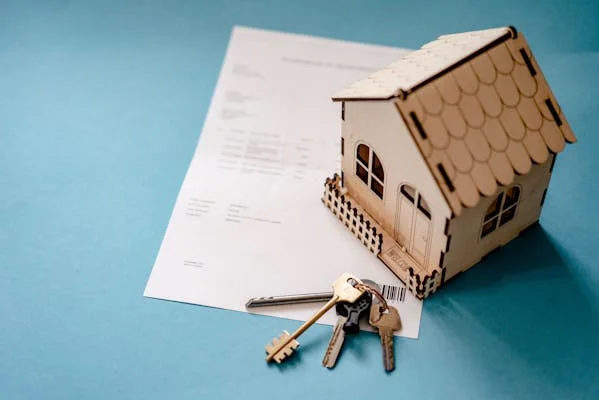Owning a home is a universal aspiration, but for many Muslims, it comes with a unique challenge. Islamic principles strictly prohibit riba (interest), making conventional mortgages a problematic option. This has given rise to Muslim home financing solutions that claim to adhere to Shariah law. However, the question persists: Is Muslim home financing truly halal, or is it just a rebranded version of haram interest-based loans? This article dives deep into this topic, exploring the principles, mechanisms, and controversies surrounding Muslim home financing.
Understanding the Islamic Prohibition of Riba
Islamic finance operates on the principle that money itself should not generate money. In Islam:
- Riba (interest) is unequivocally forbidden in the Quran.
- Transactions must involve tangible assets or services rather than speculative gains.
- Risk and profit should be shared between parties.
Key Quranic Verse: “Allah has permitted trade and has forbidden interest” (Quran 2:275). This forms the cornerstone of Islamic financial ethics, making conventional loans incompatible with Islamic beliefs.
What Is Muslim Home Financing?
Muslim home financing, often referred to as Islamic mortgages, is designed to comply with Shariah law. These financial products use interest-free structures to facilitate homeownership while avoiding riba.
Common Islamic Home Financing Models
- Murabaha (Cost-Plus Financing):
- The bank buys the property and sells it to the buyer at a higher price.
- The higher price is disclosed upfront, and payment is made in installments.
- Ijara (Lease-to-Own):
- The bank buys the property and leases it to the buyer.
- A portion of the rent goes toward purchasing the property over time.
- Musharakah (Partnership):
- The buyer and bank co-own the property.
- The buyer gradually buys out the bank’s share while paying rent on the bank’s portion.
Is Muslim Home Financing Halal?
To determine whether Muslim home financing is halal, scholars and experts evaluate several factors:
1. Shariah Compliance
- The financing model must avoid riba and gharar (excessive uncertainty).
- Contracts should explicitly detail terms and avoid exploitative practices.
2. Structure of Profit and Risk Sharing
- Unlike conventional mortgages, Islamic financing should distribute risks fairly between the parties.
- Profit margins must be pre-agreed and transparent.
3. Involvement of Shariah Boards
- Reputable Islamic financial institutions rely on Shariah boards to ensure compliance.
While most Islamic scholars agree that properly structured Muslim home financing is halal, critics argue that some models are merely cosmetic changes to conventional interest-based loans. For example:
- Murabaha closely resembles fixed-rate mortgages, raising questions about its authenticity.
- Hidden fees or penalties for early repayment may violate Shariah principles.
Comparing Muslim Home Financing Models
| Feature | Murabaha | Ijara | Musharakah |
|---|---|---|---|
| Ownership | Buyer after final payment | Bank until lease completion | Shared until buyout |
| Payment Structure | Fixed installments | Rent + property purchase | Rent + equity purchase |
| Risk Distribution | Bank bears initial risk | Shared | Shared |
| Transparency | High | Moderate | High |
Pros and Cons of Muslim Home Financing
Pros
- Complies with Islamic principles.
- Encourages ethical and transparent financial practices.
- Offers an alternative for Muslims who wish to avoid riba.
Cons
- Higher costs compared to conventional mortgages.
- Limited availability in some regions.
- Complexity in understanding contract terms.
Final Thoughts
Muslim home financing offers a path to homeownership that aligns with Islamic values. While critics argue about the authenticity of some models, these products remain a crucial alternative for those seeking halal financial solutions. When considering a Muslim home financing option, it’s essential to thoroughly review the terms, consult with a qualified Islamic scholar, and ensure the product is Shariah-compliant.
FAQs About Muslim Home Financing
1. Why is conventional home financing haram in Islam?
Conventional home financing involves riba, which is explicitly forbidden in Islam. Islamic home financing avoids interest by structuring transactions around tangible assets and profit-sharing.
2. Are Islamic banks regulated for Shariah compliance?
Yes, reputable Islamic banks have Shariah boards that oversee their products and ensure compliance with Islamic principles.
3. Is there a difference in cost between Islamic and conventional mortgages?
Islamic home financing can sometimes be more expensive due to the additional steps required to ensure Shariah compliance. However, many Muslims are willing to pay the premium for a halal option.





